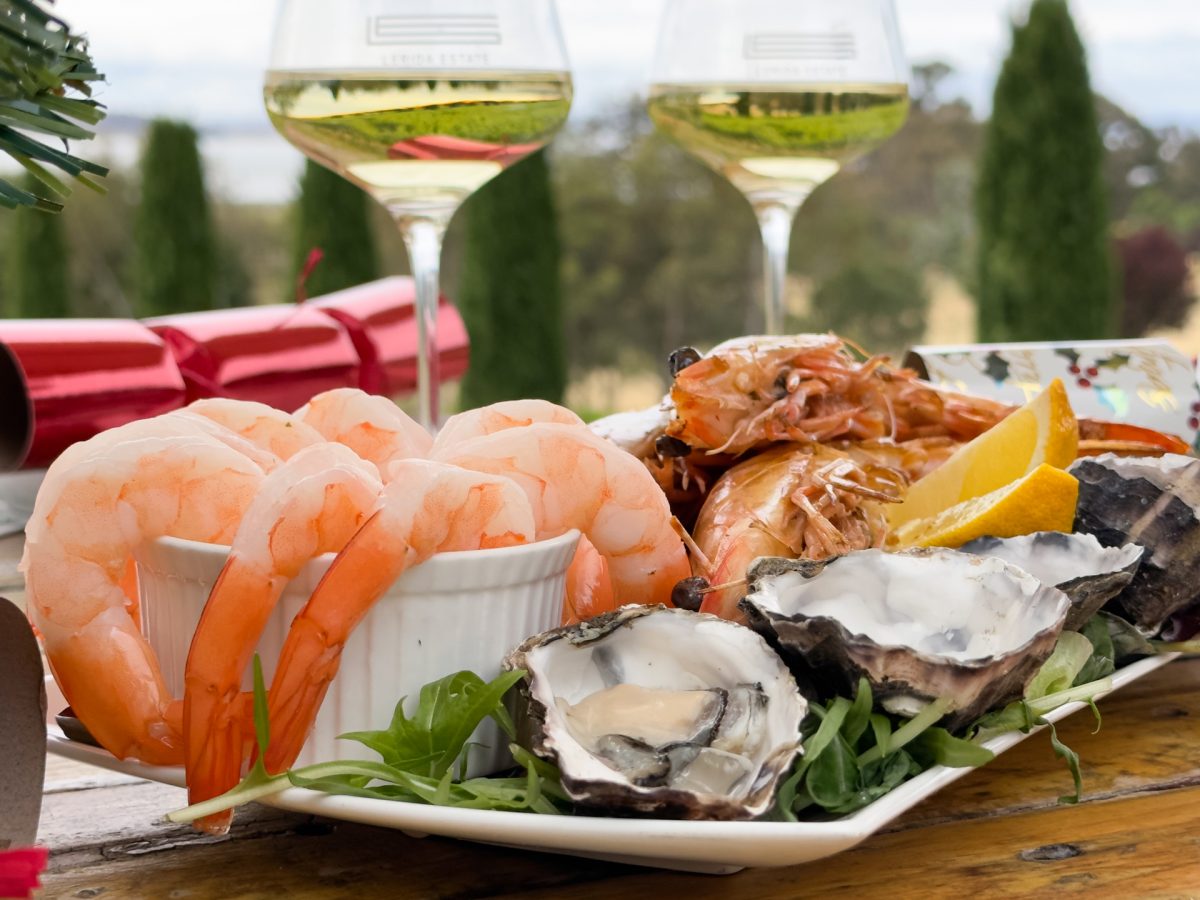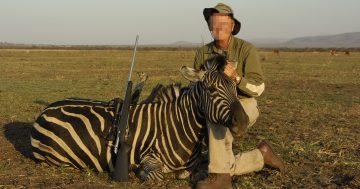
Where did your Christmas seafood come from? Photo: Region.
While tucking into Christmas seafood this festive season, spare a thought for where it came from and how it ended up on your plate.
That’s the message from the Fair Catch Alliance, which is calling on the government to better regulate the imported seafood industry in order to stamp out unsustainable and unethical practices.
About 65 per cent of seafood consumed in Australia is imported, and the alliance – a diverse coalition of members spanning the seafood industry, conservation and human rights groups – is calling for more information and protections for consumers who care about what’s on their plates this Christmas.
Transparency over the sourcing of seafood has been improved with the recently announced Federal Government mandate requiring country of origin labelling.
Under the new mandate, hospitality venues will be required to label where the seafood on the menu is from: [A] Australia, [I] international import or [M] mixed origin.
Previously, the labelling model was only for retail businesses and supermarkets.
This follows the government’s $1.6 million allocation in the 2022 federal budget to expand the use of the country of origin labelling.
While the Fair Catch Alliance welcomed the move, it said the government must go further in regulating the seafood industry.
It is calling for an ambitious regulation regime for imported seafood in Australia, and says with households preparing Christmas feasts and festivities, there’s no better time to highlight the issue.
The alliance says that despite the recent announcement for hospitality settings to indicate if seafood has been sourced locally or from overseas from 2025, there is still no framework to prevent seafood that is the result of unsustainable or unethical practices from entering Australia.
“The introduction of country of origin labelling (CoOL) laws for hospitality settings from 2025 are an improvement for consumers who want to choose Australian products,” said Cat Dorey said, spokesperson for the Australian Marine Conservation Society, a key member of the alliance.
“But without proper border rules consumers can’t be certain that their Christmas seafood is not the result of illegal practices that contribute to the decline of fish stocks and to the violation of human rights.
“We need imported seafood to meet Aussie appetites, but we must make sure it comes from legal, sustainable and ethical sources.”
On 8 December, the alliance welcomed the government’s draft white paper on the prevention of illegal, unreported and unregulated (IUU) imported seafood.
It commended the paper’s proposals that outline pathways to deter illegally imported seafood from entering Australia, and the associated social, industry and environmental risks.
“We know that modern slavery and exploitation happens in certain overseas fisheries, but right now we don’t have adequate rules to trace and stop products that fuel this exploitation,” said Fuzz Kitto, from Be Slavery Free, another key member of the alliance.
“Strengthening Australia’s seafood import controls will allow for the transparency and traceability required for consumers to confidently know where their food comes from.
“No Australian wants their Christmas meal to be the result of exploitation or modern slavery.”
The government’s draft report outlined three policy proposals for consideration:
- Review Australia’s import tariff codes and related data reporting requirements to provide a more comprehensive classification of Australia’s seafood imports;
- Introduce a seafood traceability program applying to high-risk imports; and
- Support the expansion of multilateral catch documentation schemes.
Minister for Agriculture, Fisheries and Forestry Murray Watt said seafood import controls have an important role to play in curbing trade in IUU fishing products.
“IUU fishing is a global problem and one that we want to stamp out of Australia,” Minister Watt said.
“It contributes to overfishing, undermines sustainable fisheries management, puts legitimate operators at a disadvantage and threatens marine ecosystems.
“While Australia already combats IUU fishing including through licensing and enforcement, monitoring control and surveillance, and regional and multilateral action, we do not have a national import control scheme to prevent IUU fishing products from entering the country.
“Despite some strong industry self-regulation, seafood supply chains are highly complex and it is likely IUU seafood is currently entering the country.
“This is why we committed at the 2022 election to prepare a framework that would help to address regulatory gaps and to make IUU fishing a less viable activity.”
Original Article published by Chris Johnson on Riotact.











